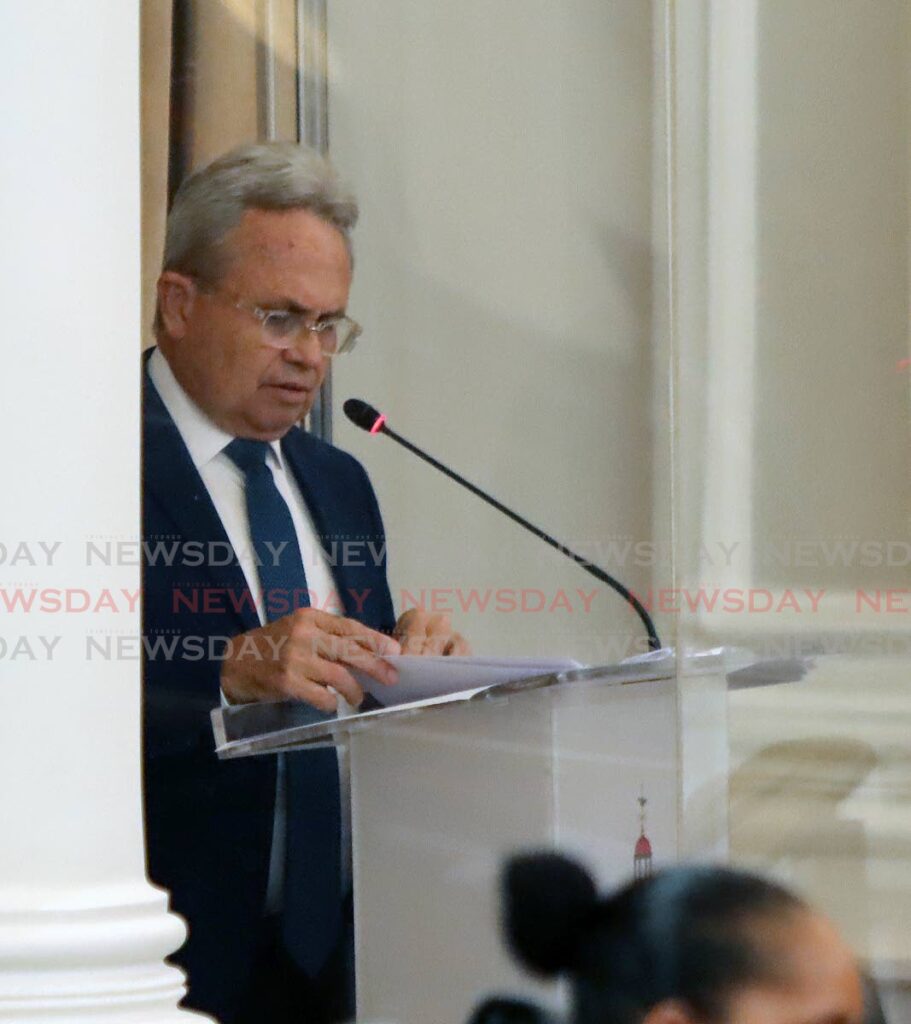More bad law

IF WE are to be governed by the rule of law there must be legal certainty. We must be able to tell what the meaning of a law is and what the parameters of our conduct are. All laws can be unpredictable given the vagaries of language. But it is the job of legislators to enact laws that subscribe to the highest standard of clarity.
Recent events, however, suggest our legislative culture has begun to undermine the idea of legal certainty. Today, the ordinary citizen can no longer look at the most rudimentary act passed by Parliament and predict its effect.
It is not just that there are worrying problems with the finer details of the procurement law, which have suddenly come to light after the alarm was raised by Opposition MP Saddam Hosein on Sunday, activist Ravi Balgobin Maharaj on Monday and then, in a different respect, by Finance Minister Colm Imbert on Tuesday.
It is also the fact that this law has been promulgated amid a legislative environment in which the selective proclamation of parts of legislation warps the impact of that legislation; laws are passed with drafting that leaves the door open to interpretation (the infamous local government reform law which the Government interpreted one way, the Privy Council another); legislation is being watered down and rendered unsound to avoid constitutional majorities; and blank cheques are being given to ministers to make substantial changes via orders.
None of this is unprecedented. The Section 34 fiasco under the last administration is a perfect example of how the selective proclamation of a single clause can upend the spirit of an entire suite of reforms. But we currently have an Opposition that is, as per its right, vigilant on legal matters and unafraid to seek clarity in court.
It is the Government, however, that must shoulder primary responsibility for the confusion created by the Public Procurement and Disposal of Public Property (Amendment) Act 2020, a law which contains a glaring error that has now been seemingly taken advantage of by the State in exempting Caricom summit matters from the procurement regime.
This amendment to the 2015 procurement act was controversial from the get-go, giving a minister power to exempt any service they may wish by way of an order. The amendment stipulates an exemption order must be subject to affirmative resolution, but it ties this stipulation to a subsection that has nothing to do with exemptions. Hence, according to some, the requirement of a parliamentary debate has not taken root.
The problem is, we should not have to guess.
And it should not take legal action by the Opposition to rectify a manifestly bad law, a law which, incidentally, took two decades – and two governments – to promulgate.


Comments
"More bad law"